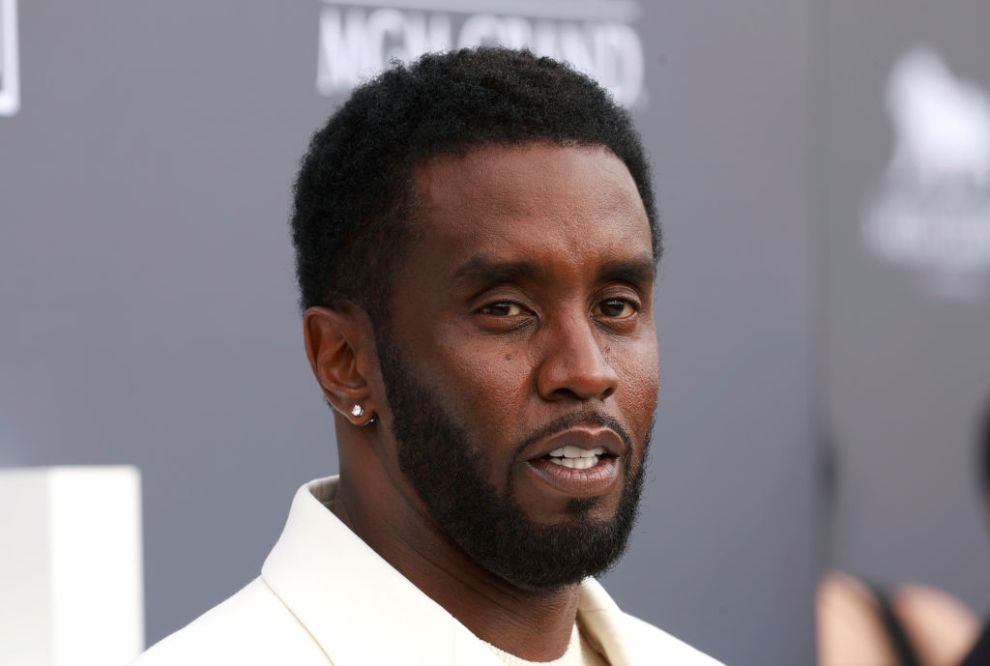Sean “Diddy” Combs’ bid for a gag order to limit public statements from potential witnesses and their attorneys has been denied by a federal judge.
Judge Arun Subramanian rejected the music mogul’s request, ruling it overly broad and outside the bounds of legal precedent. Diddy had argued that a gag order was necessary to protect his right to a fair trial by preventing statements that might sway public opinion against him. However, the judge found no legal basis for restricting speech on such a large scale.
Judge Subramanian’s decision pointed out that gag orders are typically used as a last resort, reserved for cases where no other options exist to ensure fairness in the legal process. His written opinion underscored that Combs’ arguments failed to justify such an “extraordinary” restriction, noting that the legal cases cited by Diddy did not support a blanket order that would encompass all alleged victims and their attorneys.
The judge clarified that the court’s local rules do not permit such broad limitations on speech, which would affect not only parties directly involved in the trial but also unidentified witnesses. Subramanian further explained that less restrictive options must be considered before limiting speech in this way. He also emphasized that applying these restrictions to attorneys and witnesses alike could create significant interference in related legal proceedings—a move he described as excessive.
Adding to Diddy’s legal setbacks, Subramanian denied his requests to have witnesses remove social media posts that he claimed violated local rules. He also dismissed Diddy’s demand for access to government communications regarding public statements in the case, stating that Combs’ appeal for this “unprecedented relief” lacked sufficient grounds.
In closing, Judge Subramanian underscored that the court had already taken steps to ensure fairness, reminding all parties of federal and local standards regarding public comments. This reminder, according to Subramanian, should be enough to protect the integrity of the trial without encroaching on freedom of speech or public interest in the case.


Leave a Reply